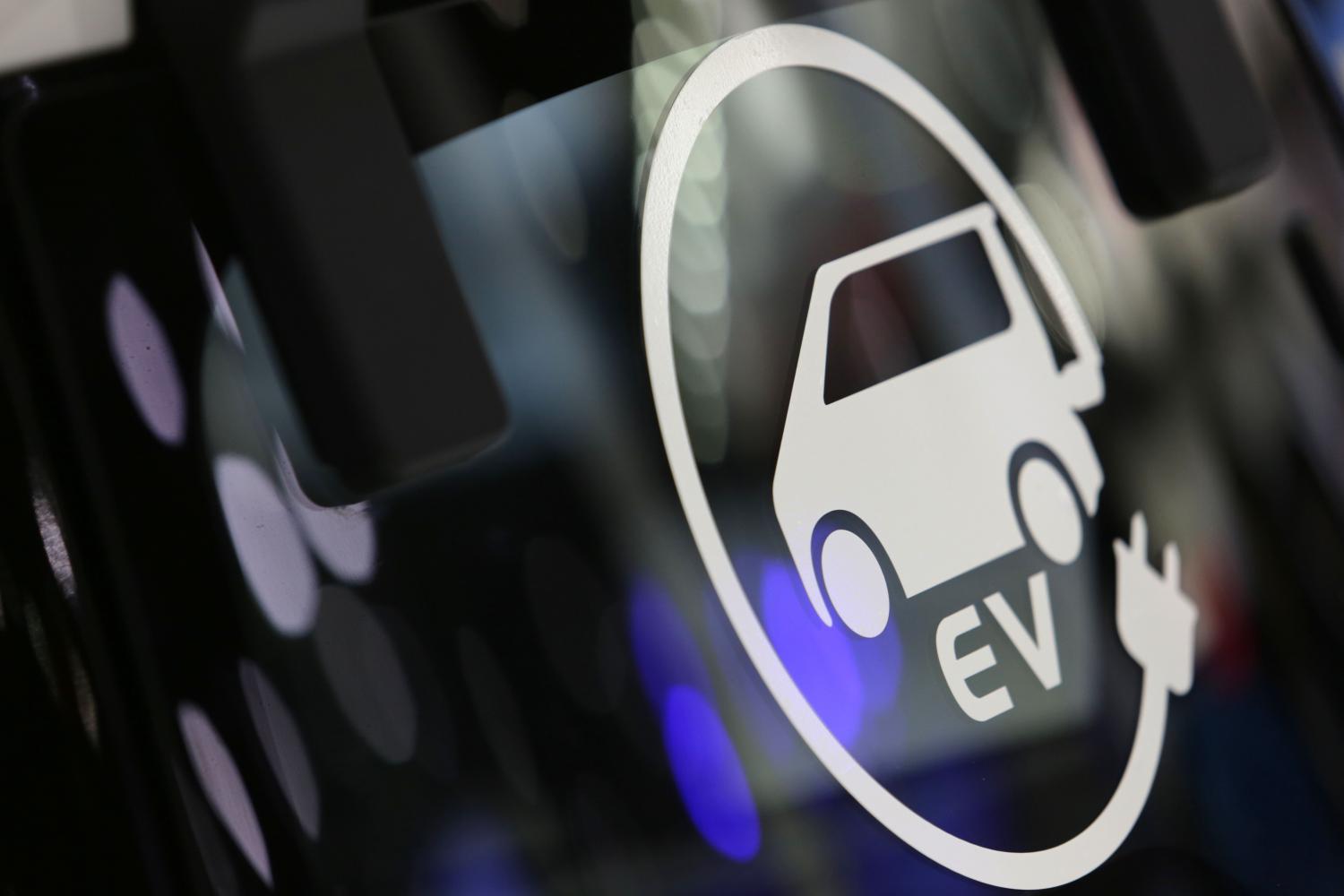
Two car makers will start manufacturing electric vehicles (EVs) in Thailand this year to take advantage of tax breaks, says Patchara Anuntasilpa, the Excise Department's director-general.
He declined to name the makers specifically, saying only that to begin building EVs in 2020, car makers must have had a vehicle assembly line since 2018.
The government is offering an excise tax exemption to car makers who produce EVs in Thailand during 2020-22, compared with 2% in normal cases.
State officials are keen to develop Thailand's automotive industry into a regional hub for EVs, placing the sector among the 12 targeted industries under the S-curve policy.
The EV scheme was launched by the Board of Investment (BoI) in March 2017 to open investment applications from car makers. Eligible EVs are hybrid, plug-in hybrid and battery versions.
The BoI reported that 13 companies were granted EV privileges, including Toyota, Honda, Nissan, Mazda, Mercedes-Benz, BMW, SAIC Motor-CP, FOMM, Mitsubishi and Mine Mobility.
Mr Patchara said taxation measures alone are not a determinant for the advent of EV production in Thailand. Other factors, especially basic infrastructure like EV battery plants and charging stations, also play a vital role.
For EV batteries, policymakers are encouraging manufacturing plants to be constructed locally to bring down costs, given that batteries represent 70-80% of vehicle prices, he said.
Because EV battery manufacturing requires advanced technology, the construction of these factories locally is not certain, Mr Patchara said.
To comply with the 2020 environmental policy, the Excise Department will push establishment of a fund for EV battery management to prevent the accumulation of electronic waste after the number of imported EV cars from other Asean countries and China into Thailand rose.
The Excise Department will enact a law to ensure that EV batteries will be destroyed in line with international standards, Mr Patchara said.
Under the law, imported EVs that lack BoI privileges could be subject to paying 10,000 baht per battery to the fund. Those with BoI incentives could pay 1,000 baht per battery.
Upon evidence of proper demolition of the battery, the money will be refunded, Mr Patchara said.